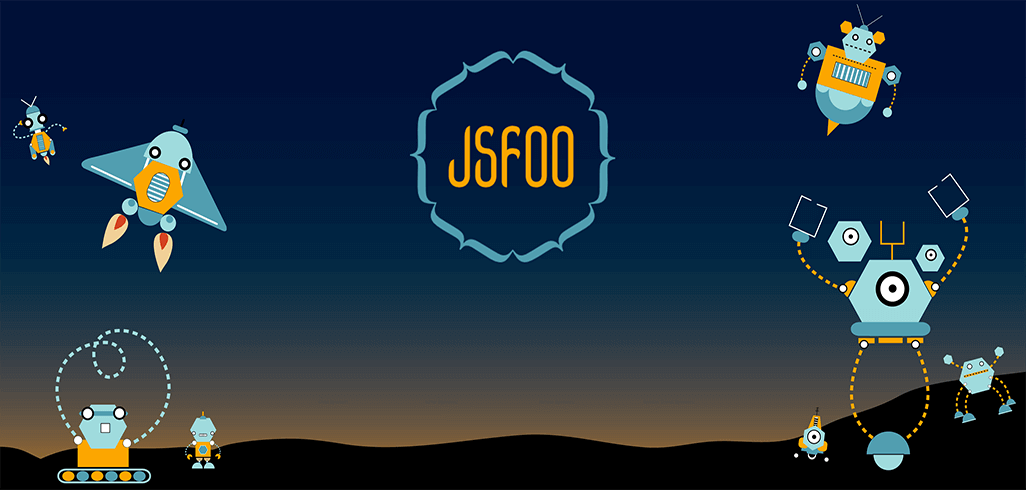
Oct 2018
22 Mon
23 Tue
24 Wed
25 Thu
26 Fri 08:30 AM – 05:40 PM IST
27 Sat 08:30 AM – 05:40 PM IST
28 Sun
Prasenjit Sharan
@ps1618
Submitted Feb 26, 2018
The most popular web programming ecosystems revolve around JavaScript. JavaScript was invented as a programming language for web browsers with basic aims — to enable simple interactions within a web page. It has evolved to become the standard programming language to write web applications of all complexities.
Along with the design peculiarities inherent to the language, the need to fill the gaps for developing more and more complex applications has led to various styles of architecting a JavaScript application.
This talk is a comprehensive analysis of functional programming languages as alternatives to JavaScript for writing production ready web applications. With a focus on the architectural patterns of Elm and ClojureScript, it discusses the current state of ecosystem (tools, developer experience, packages, etc) built around these languages.
The key takeaways for the audience would be
The audience can be a group of beginner to advanced level web developers.
⭐️This talk has been organised keeping the following points in mind.
⭐️Here’s a mental map of the talk.
⭐️The goals are
I’m a Frontend Engineer, working on JavaScript applications for more than 7 years. I’m currently working with Helpshift on an embeddable conversational app for customer support.
I’ve had experience in functional programming from my time at Amazon, and here at Helpshift, we are big on Clojure. I’ve been exploring functional style of writing frontend applications for the last couple of years, focussing on JavaScript functional constructs and libraries, Elm, and ClojureScript. I earlier spoke at JSFoo 2016 on immutable data structures and how to use them in JavaScript applications.
{{ gettext('Login to leave a comment') }}
{{ gettext('Post a comment…') }}{{ errorMsg }}
{{ gettext('No comments posted yet') }}